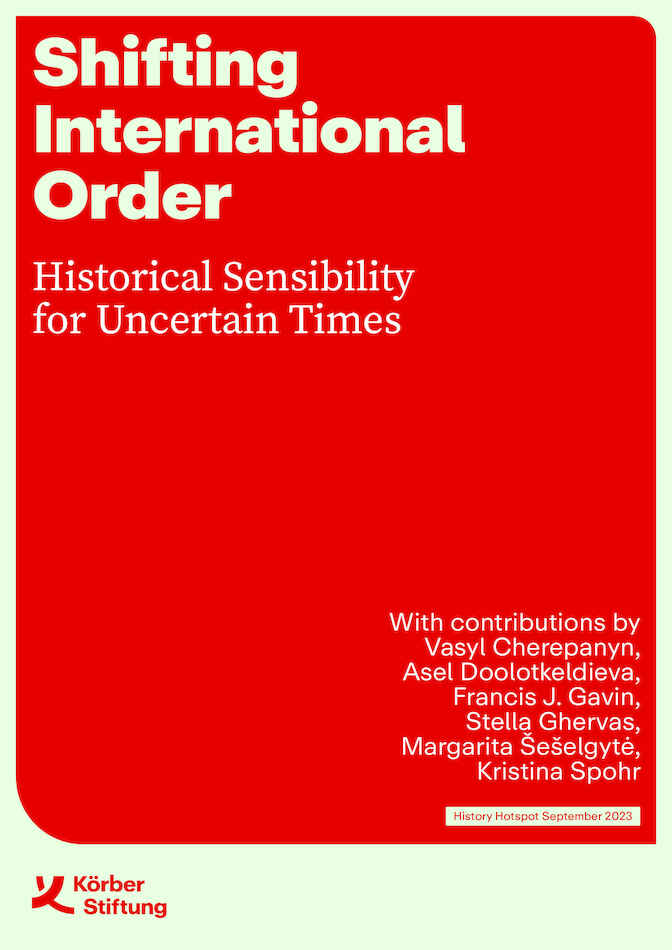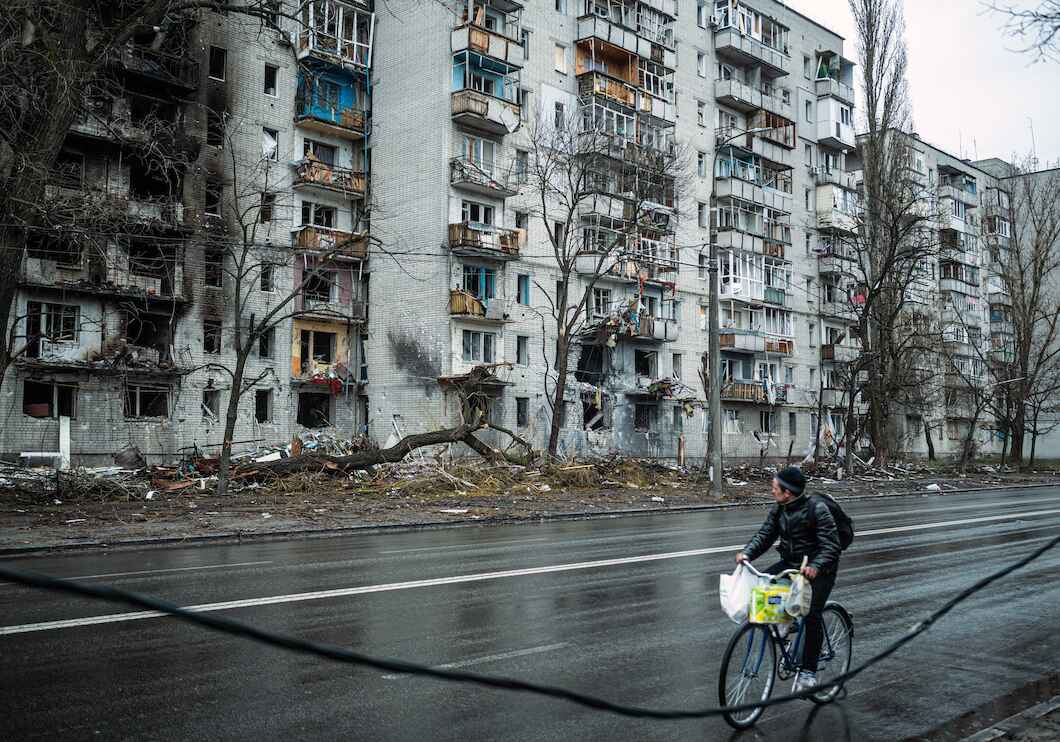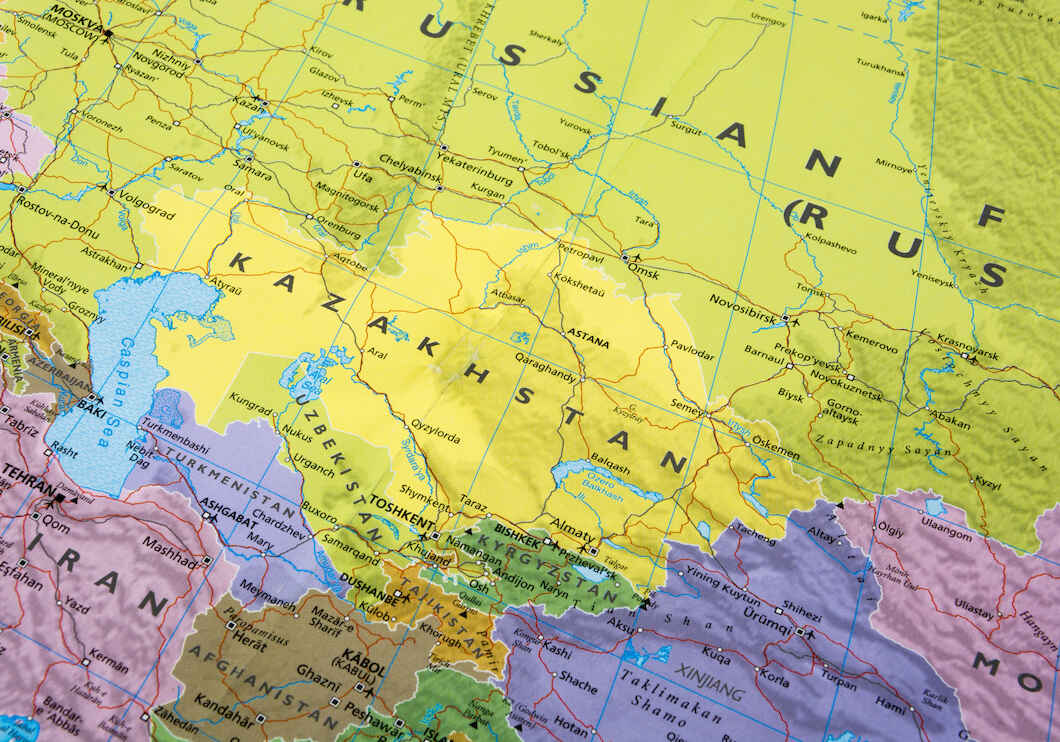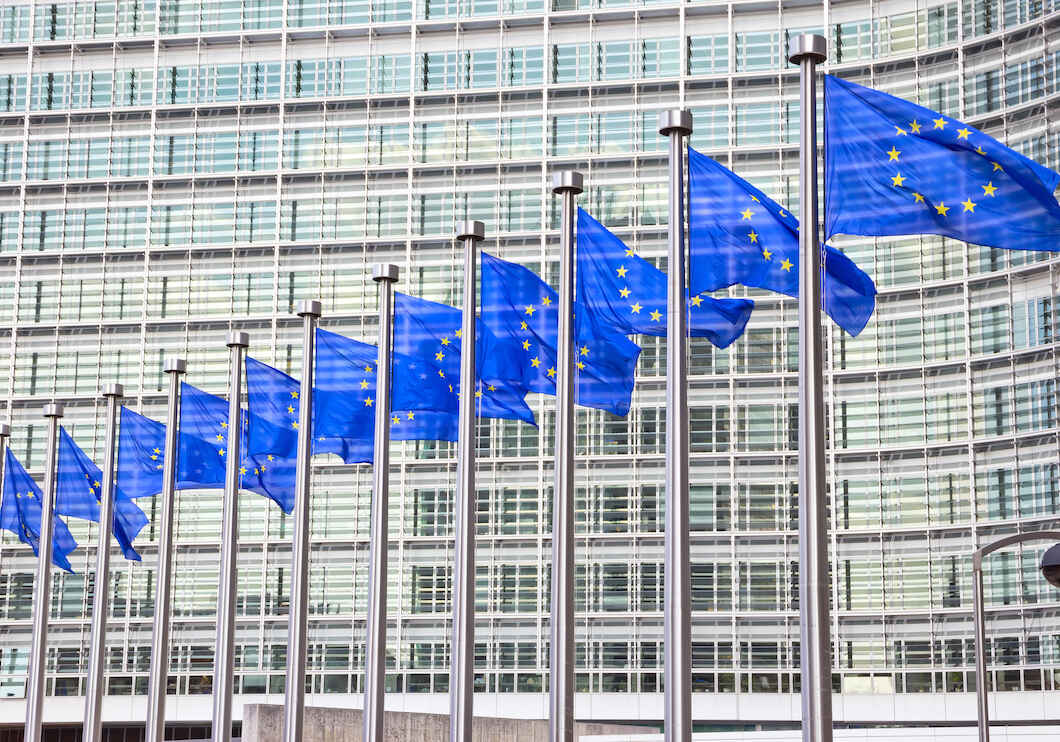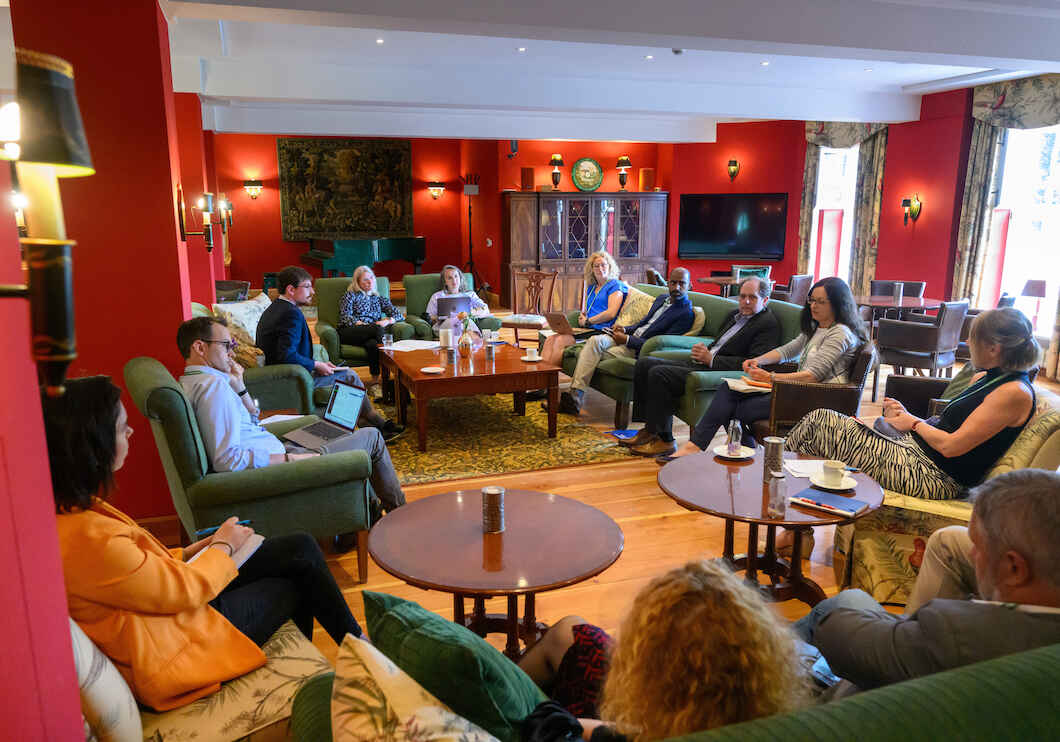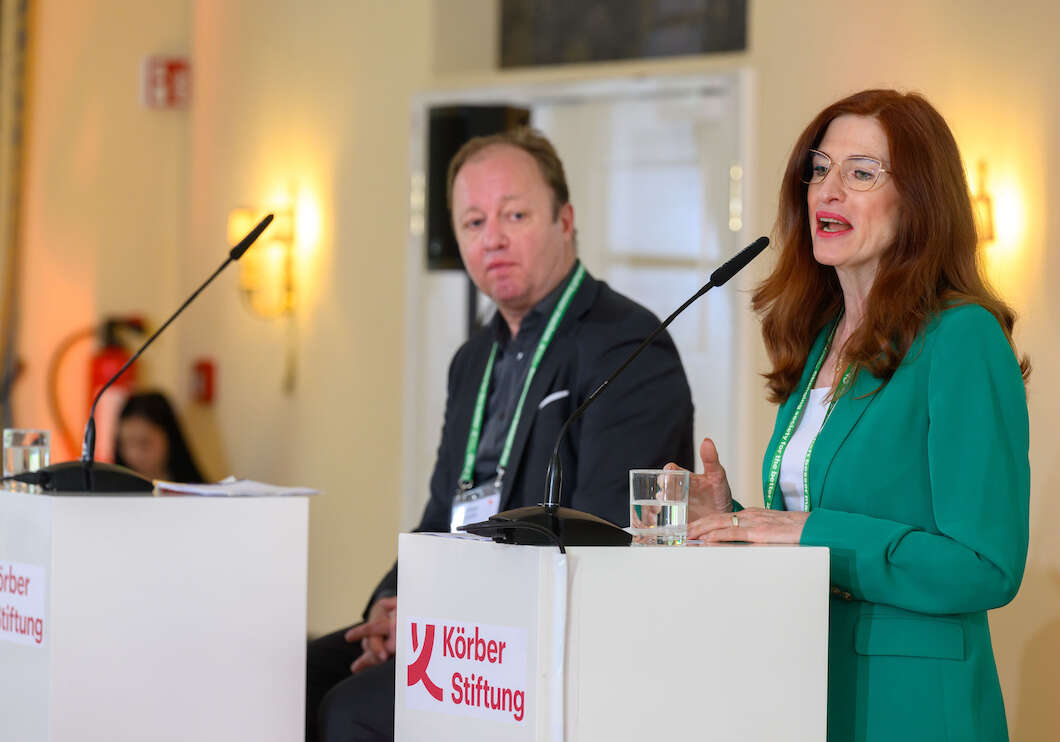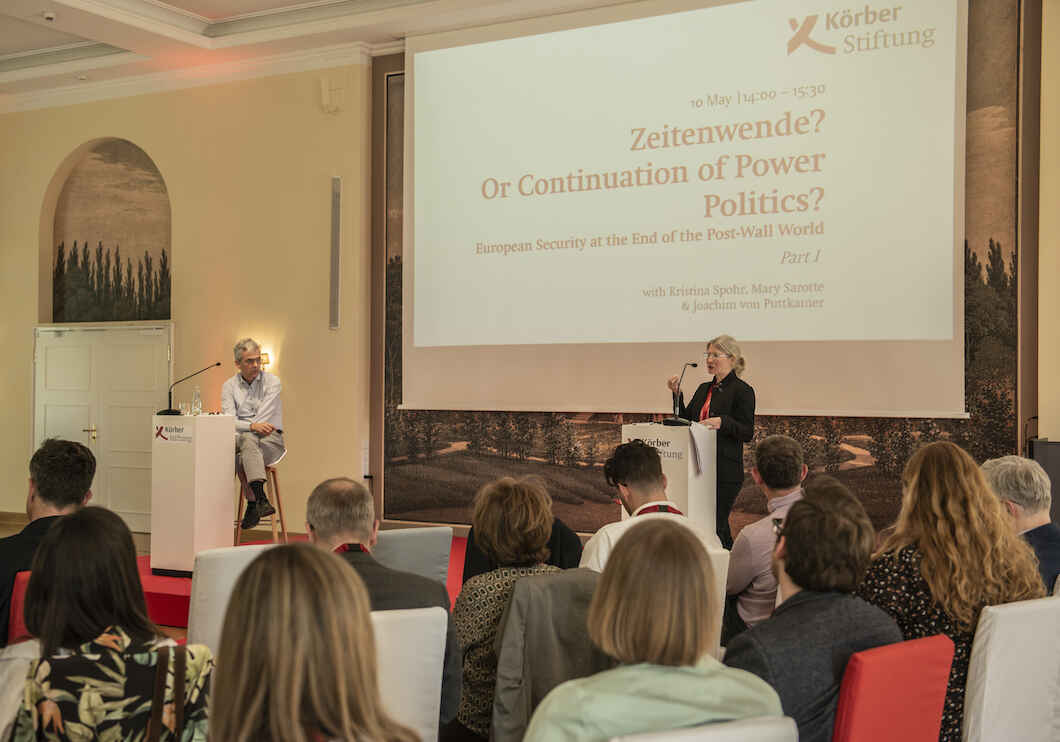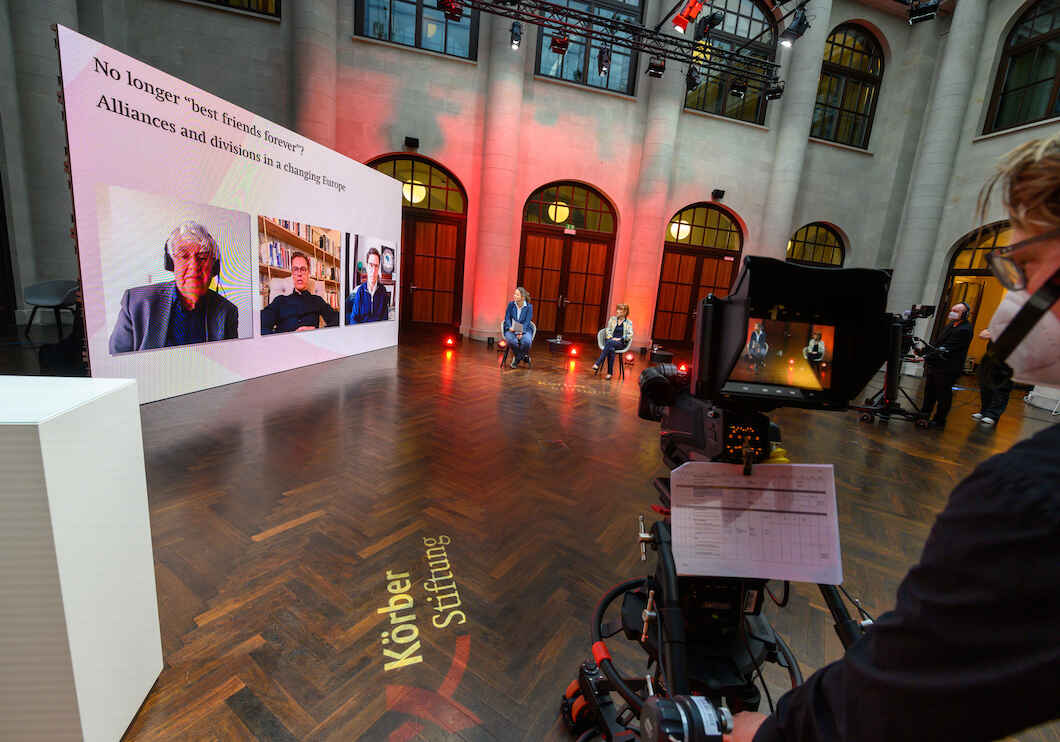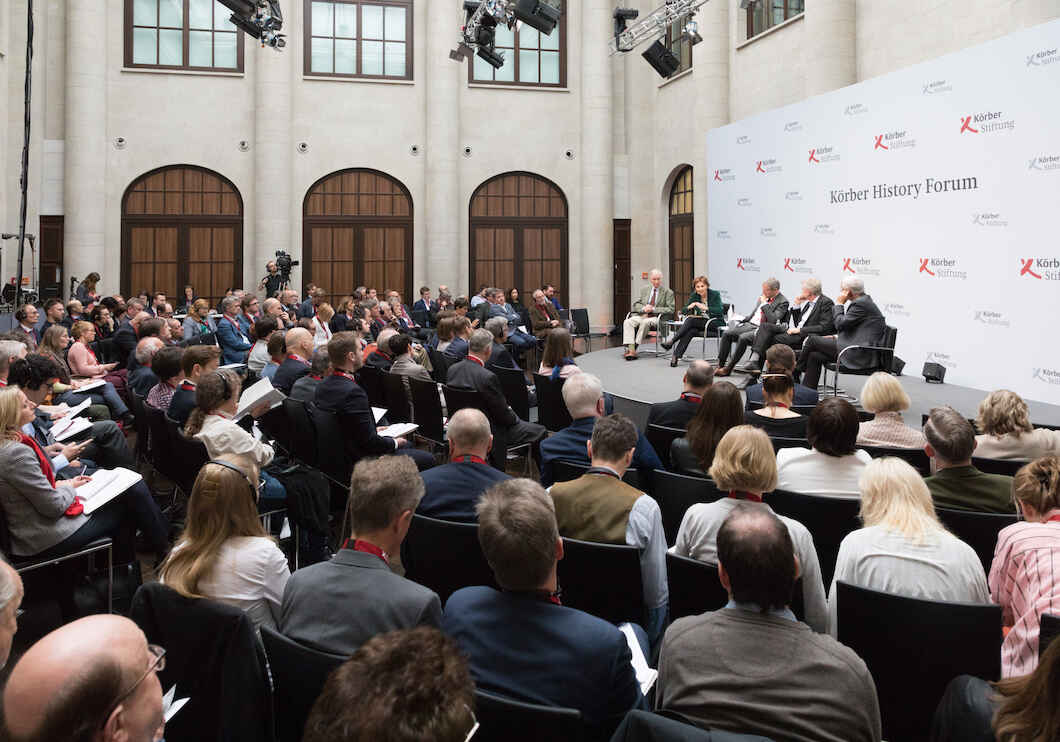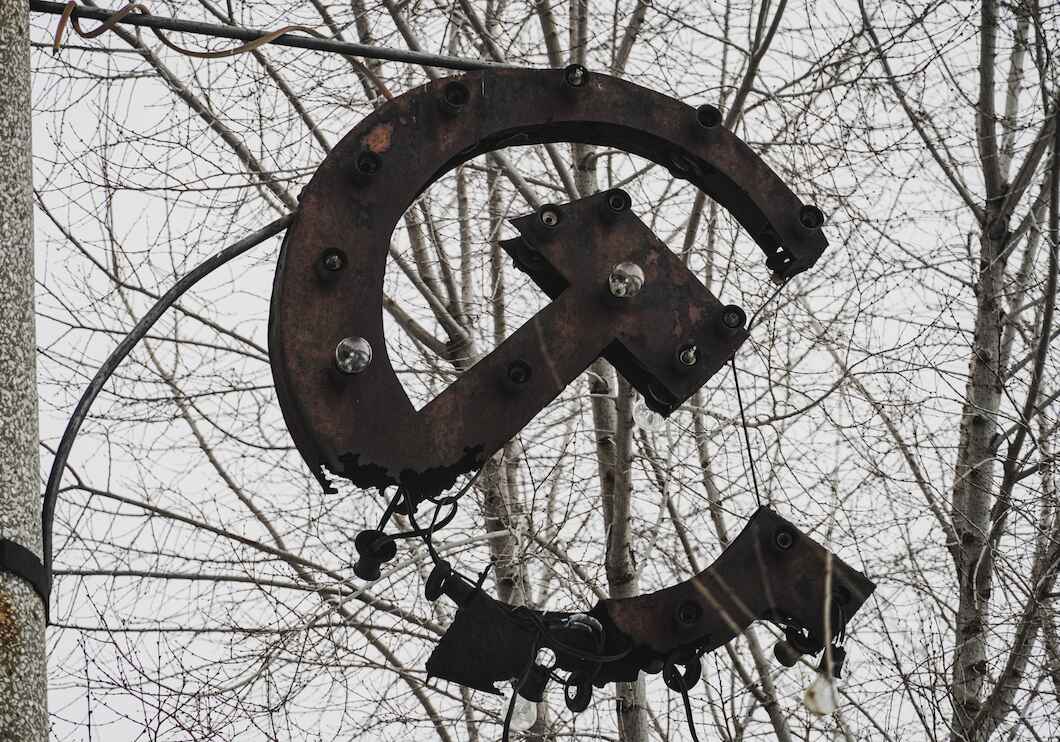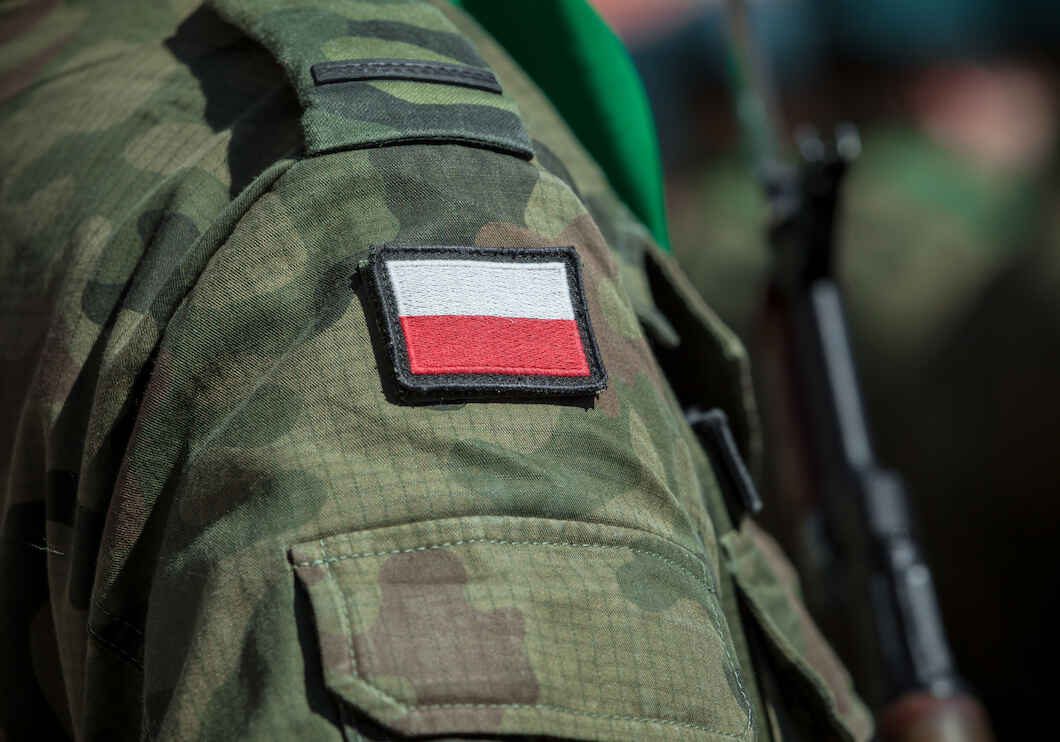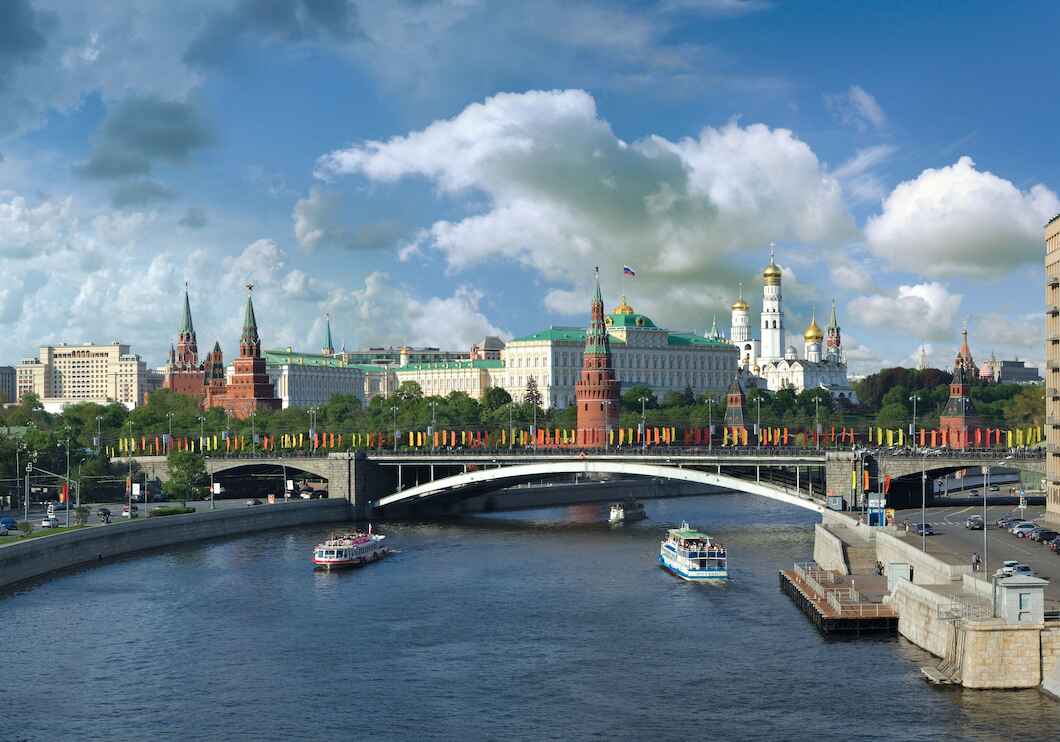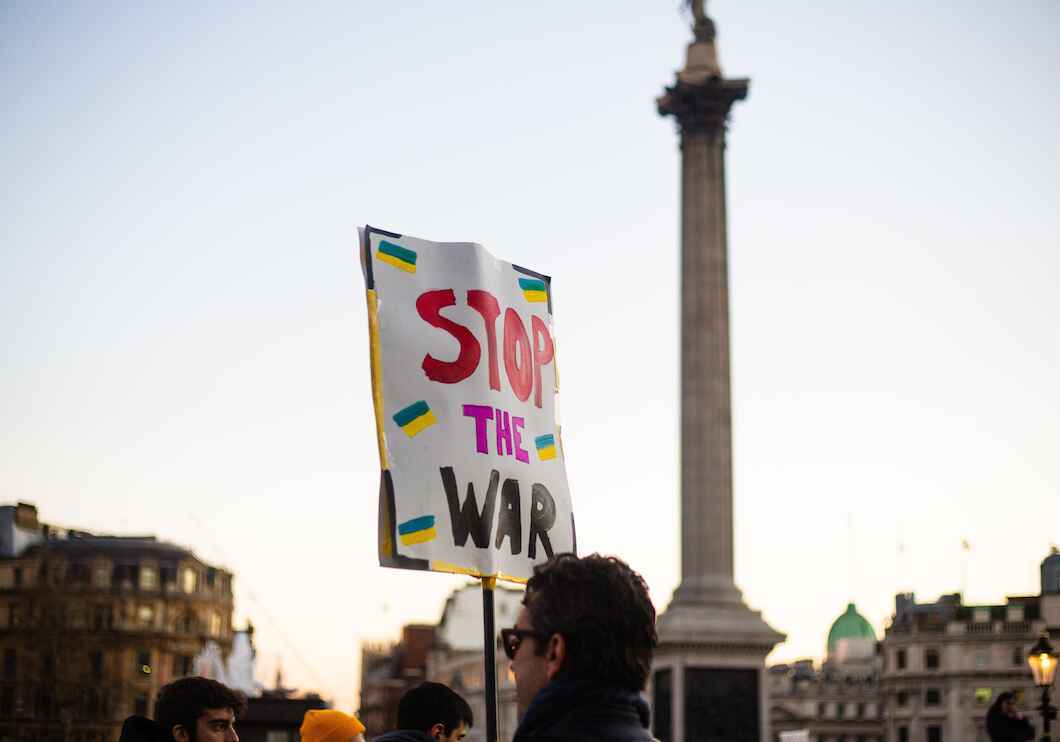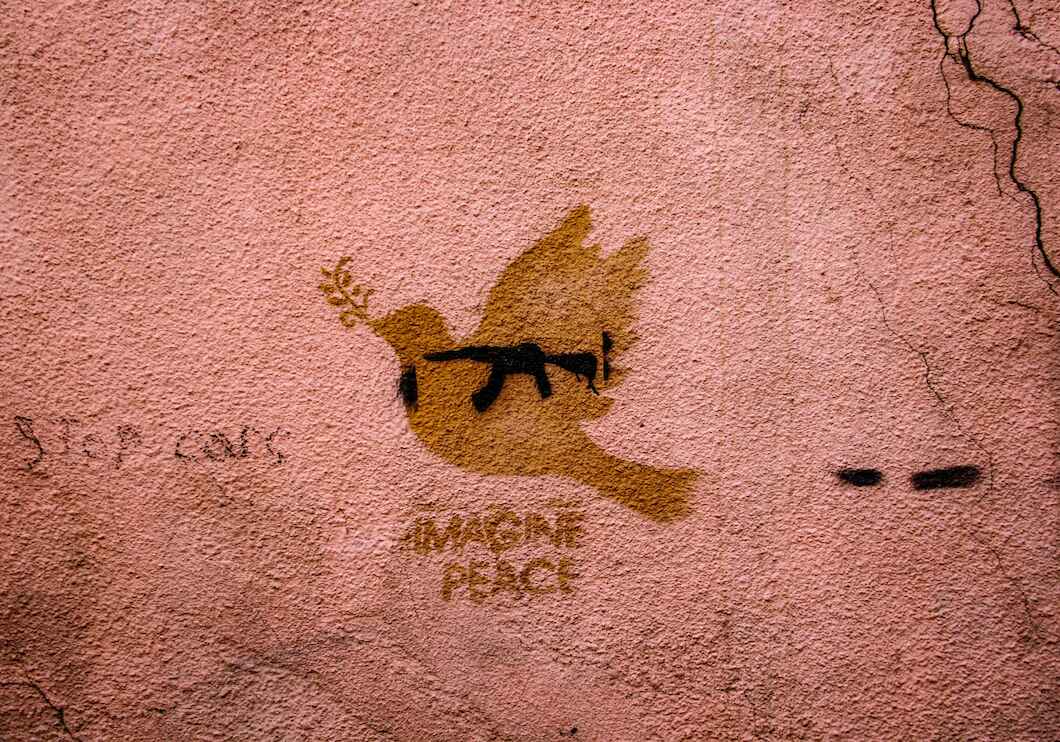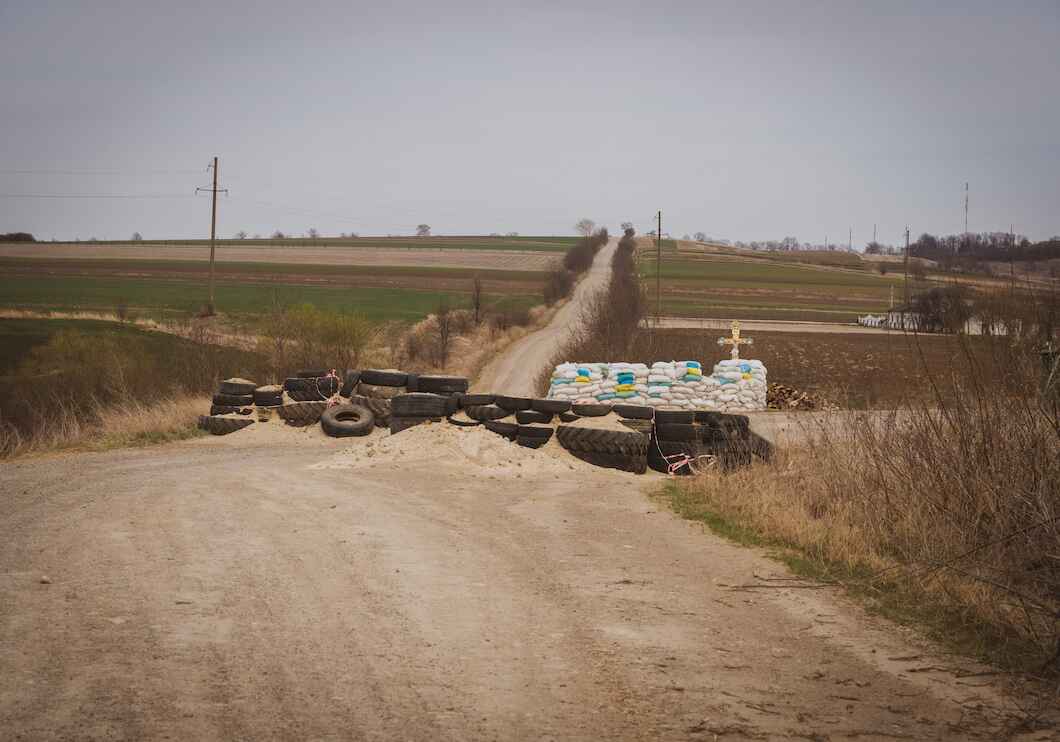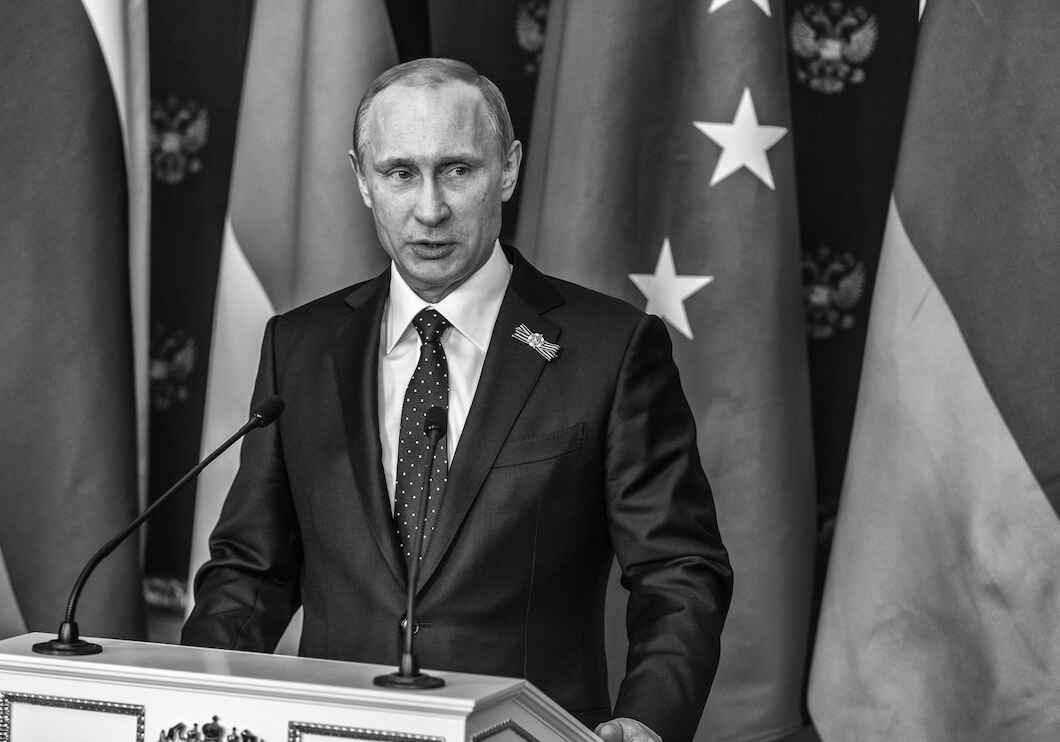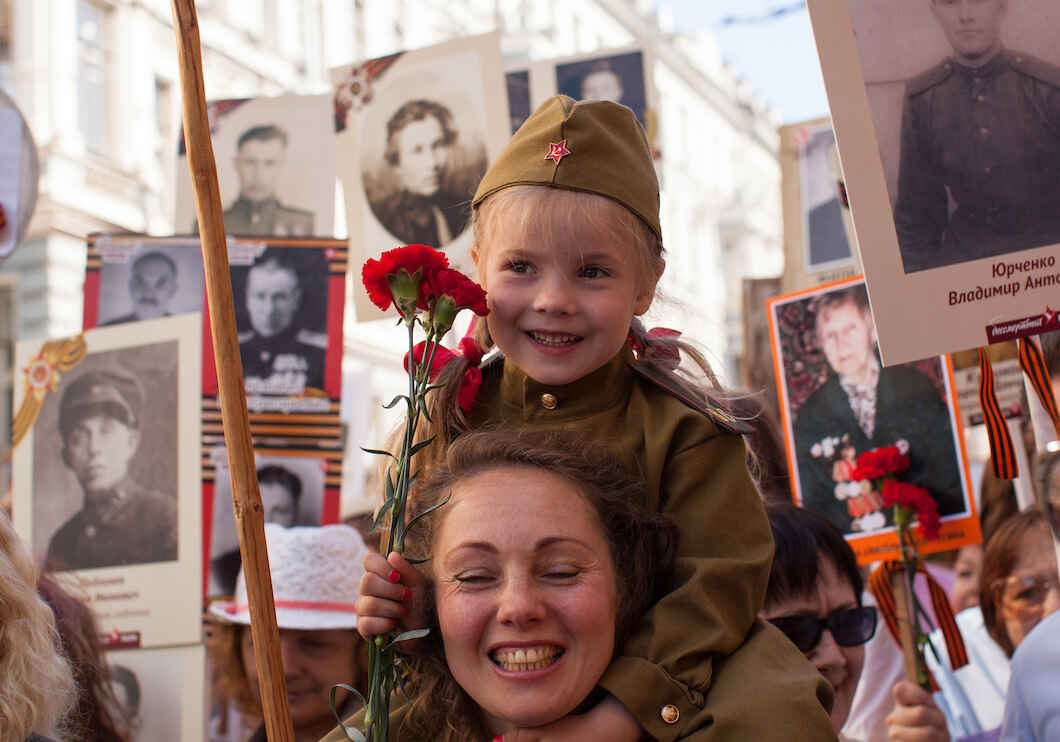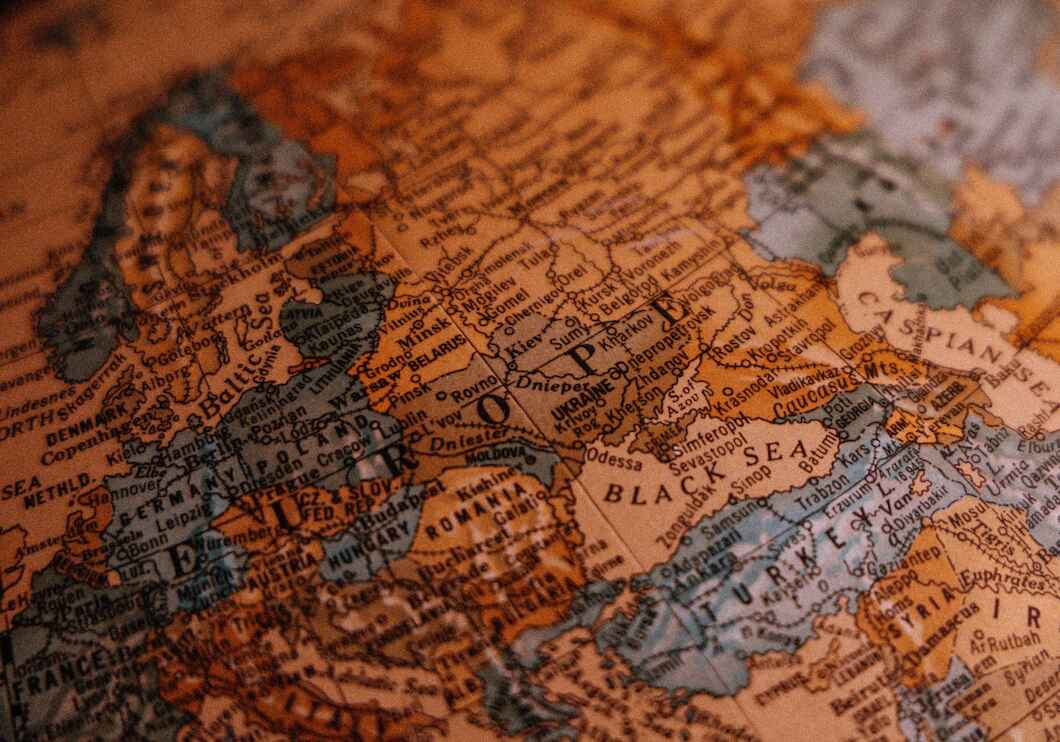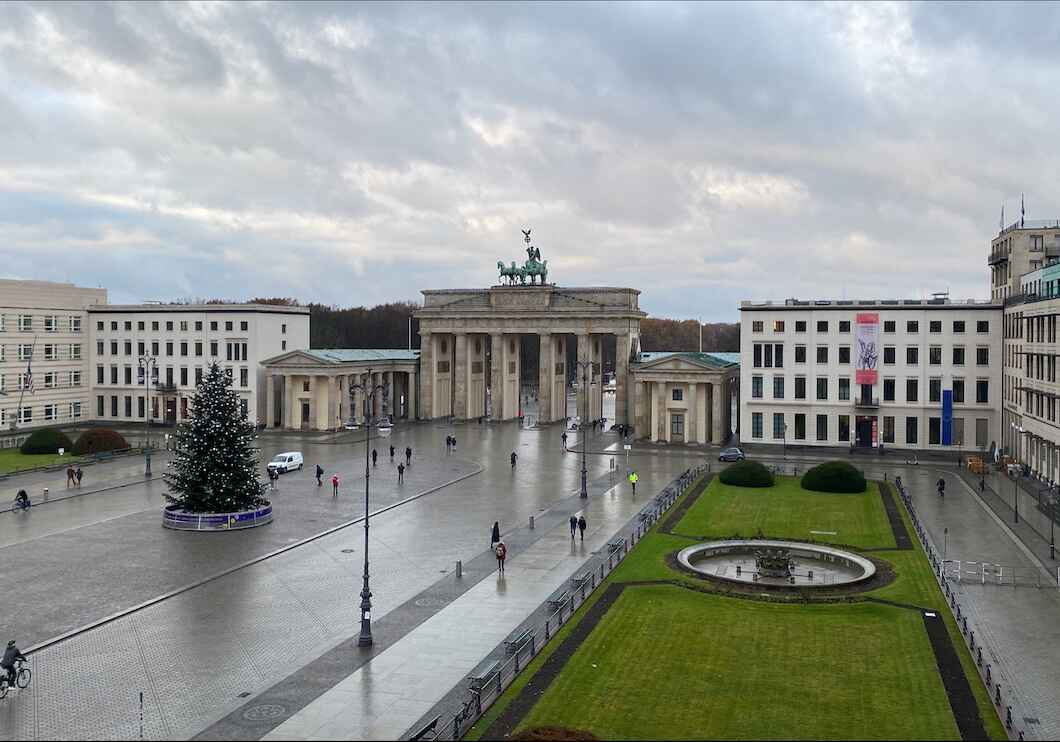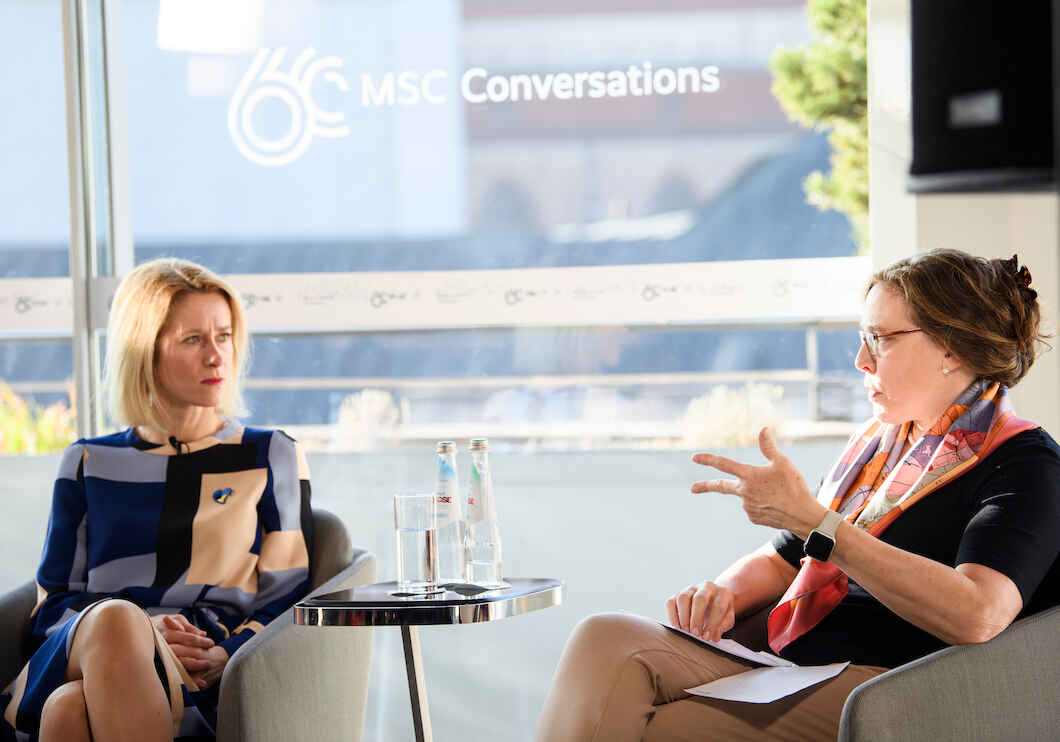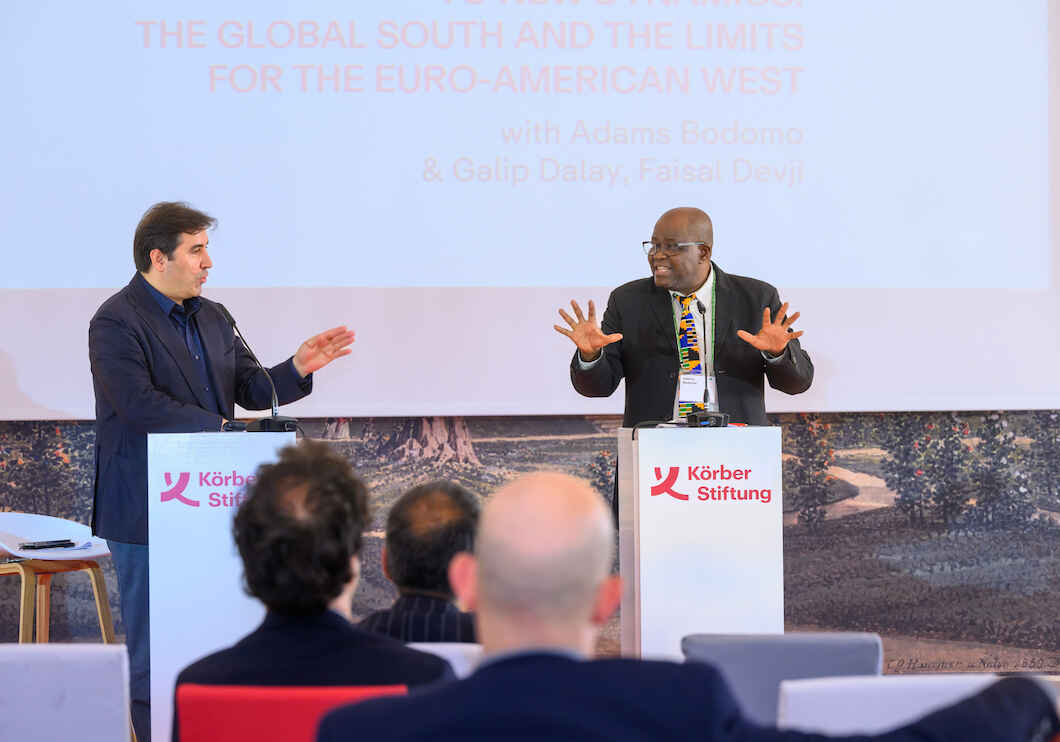
Photo: iStock / bernie_photo
Pax in Bello: If You Want to Win the War, Prepare for Peace
Achieving lasting peace after war is a complex, deliberate process that should be meticulously planned and executed. It requires planning a strategy that is as demanding as war itself. The battle for a new international order will start at the negotiating table.
Stella Ghervas, Professor of History and the Eugen Weber Chair in Modern European History, University of California, Los Angeles
My recent book Conquering Peace (Harvard University Press, 2021) explored five key moments of history after great European wars were won against would-be continental empires, such as the Napoleonic Empire or the Third Reich. One of its big ideas is that the end of a defensive war (providing, of course, that it is victorious) will open a brief window of opportunity for establishing a new favourable international order, an opportunity not to be missed. Indeed, a new struggle will open immediately after the cease-fire, which will determine the fate of future generations. As with a military battle, that instant must be carefully planned; a key difference as compared to warfare is, however, that this high-stakes game will be played by diplomats at the negotiating table instead of by soldiers on the battlefield.
Victory is not the end of the history
It is of course tempting, in the urgency of wartime, to focus only on the immediate and necessary preparations for surviving the aggression and winning battles. Unfortunately, the idea that peace will somehow take care of itself after military victory repeatedly proved to be a pious wish leading to bitter disappointments. The error lies in the implicit belief in the cathartic virtues of V-Day, as if this great moment of victory was expected to bring some kind of end of history. As the European experience shows, however, the wheel of time keeps turning unabated: the destructive but essential effort of fighting the war was merely the prelude to a vast and long process of peace-making. A necessary condition for reaping the benefits of a defensive war is thus to plan for the most desirable post-war outcome possible.
Prepare for peace in times of war
A common metaphor to apprehend the international community has been to compare it to a living organism; each state being an organ or a cell. This organic metaphor (very different from a mechanistic model of a collection of self-seeking states) is not new at all since it can be found in the entry on “peace” in the French Encyclopédie of the eighteenth century. In that view, war is a convulsive disease of the body politic, or in modern terms, of the international community. The article’s author, Étienne Noël Damilaville, challenged the Hobbesian fallacy of “perpetual wars”. To consider perpetual wars as being the normal condition of human communities is as fatalist and absurd as stating that sickness should be the ordinary condition of human bodies, as Damilaville argued. Granted that war is a pathological condition of the international community, then what should be the state of good health? French author the Abbé de Saint-Pierre discussed in his 1713 Projet pour render la paix universelle en Europe an international condition that he did not consider healthy. He argued that the balance of power, a European configuration where two military coalitions always oppose each other, is never truly a state of peace, but a state of armed truce.
A balance of power is never a genuine state of peace
Saint-Pierre thought the risk high that these military coalitions would sooner or later restart the vicious cycle of an arms race, which might then degenerate into yet another conflict, leading to more destruction and general impoverishment. While Franklin D. Roosevelt stated on 11 December 1941 that “a rapid and united effort by all of the peoples of the world who are determined to remain free will insure a world victory of the forces of justice and of righteousness over the forces of savagery and of barbarism”, he and the allies did not envisage that such military effort should continue after the war. The necessary promulgation of the 1948 Truman Doctrine was an admission that the actual goals which the US had pursued during World War II had not been met, since there was still an impending threat of invasion after the defeat of the Third Reich with the presence of the Red Army in the heart of Europe. The US had to maintain a large military contingent on that continent for half a century. The continuation of that balance of power after 1945 in Europe was thus a morbid state of the international order, which had to be treated as such and cured.
The roadmap to lasting peace: a historical pattern
Lasting peace should be the healthy state the international community should aim for. That would mean a relatively harmonious interrelation among states; mutual trust; and the free and orderly circulation of people, goods and ideas. This begs the question: how to achieve that state? The study of five continental European wars shows that the process of establishing lasting peace has been a gradual process, which always followed more or less the same pattern. The pattern develops from a state of open war to cease-fire (with two possible forms, armistice or capitulation), to a settlement treaty, then to a system for maintaining the peace through some form of international system or peace alliance; and eventually to reconciliation. Finally, lasting solidarity must be established through the easy circulation of people, goods and ideas. Montesquieu would have called this kind of solidarity the mœurs that will keep the peoples solidly bound together.
On the necessity of reconciliation after the conflict
Among peace-making steps, reconciliation of former foes is a crucial one. After WWII, bringing Germany and France back together was a major contribution to the construction of the European communities. Though it was symbolized by the images of French General Charles de Gaulle and West Germany’s Chancellor Konrad Adenauer standing together at the Elysée Palace in 1963, as well as by French President François Mitterrand and West German Chancellor Helmut Kohl in Verdun in 1984, a much deeper phenomenon of popular mutual acceptation took place. This makes reconciliation not only a political process, but also a cultural and social one. There seems to be no shortcut for reconciliation, since the wounds and resentments of two societies immersed in prolonged violence leave scars in the minds of former enemies. Re-establishing trust and understanding thus requires patient grassroots work. Exposing the painful, even horrific, past, acknowledging and understanding it, and revealing the truth of who did what, appear to be necessary steps to build solid foundations for future coexistence. These are the proven steps for a lasting peace in Europe.
Conquering peace: the road ahead for Ukraine
Today, in the current war of Russia against Ukraine, we are far from this historical pattern, I described in Conquering Peace. The Russian Federation was rarely at peace with all its neighbours after the collapse of the USSR in December 1991. The occupation of Moldova’s breakaway region of Transnistria occurred almost immediately in 1992. In 2008, the Kremlin launched an invasion of Georgia in support of separatist governments in South Ossetia and Abkhazia. Six years later, Russia seized Crimea from Ukraine and began supporting an insurgency of pro-Russian separatists in the Donbas. In February 2022, Russia militarily aggressed Ukraine, hence starting a new phase of the conflict. Historians do not have a crystal ball but may bring to bear their knowledge of the past: in this instance, by warning that preparing the post-war order for Ukraine is an assignment that should be worked on starting now. It may indeed be necessary for the Russian army first to become mired down to a point where it realises that victory is impossible, and that the Russian state even risks disintegration, before any discussion for a fair and equitable peace becomes possible.
Alas, believing that applying mere diplomatic goodwill could solve the Ukrainian question today does not appear realistic – the disappointing attempts at Munich in 1938 and Yalta in 1945 suggest that appeasement is not an appropriate tool against a power whose plans of expansion had been drawn out over several years. Indeed the fait accompli of the annexation of Crimea in 2014 did not prevent a full-scale invasion of Ukraine eight years later. Common sense indicates that Ukraine should not settle again, as in the years following the collapse of the USSR, for a political relationship with Russia that would merely lay a cover of ashes over the latter’s ambers of revanchism (lust for military revenge) and irredentism (the desire to get lands back); with the risk that violence could spiral out of control again within our lifetimes. Achieving lasting peace in Europe will require that the Russian state changes its ways with its neighbours and unreservedly accepts the rule of international law. In short, winning the war will not be enough to guarantee the security and freedom of Ukraine. Peace will have to be conquered after the war, at the price of great and long efforts.
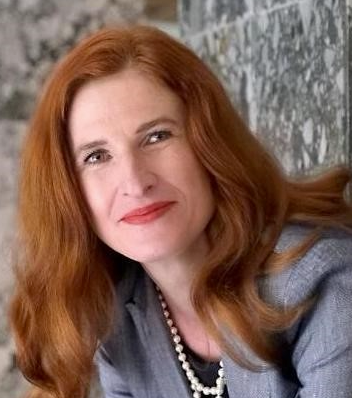
Stella Ghervas
Stella Ghervas is Professor of History and the Eugen Weber Chair in Modern European History at the University of California, Los Angeles. Her main interests are in intellectual and international history of modern Europe, with special reference to the history of peace and peace-making, and in Russia’s intellectual and maritime history. She is the author or editor of six books, most notably “Réinventer la tradition: Alexandre Stourdza et l’Europe de la Sainte Alliance” (2008), “A Cultural History of Peace in the Age of Enlightenment” (co-ed., 2020), and “Conquering Peace: From the Enlightenment to the European Union” (2021), which won the 2023 Laura Shannon Prize. She is now working on a new book “Calming the Waters? A New History of the Black Sea, 1774-1920s”.
